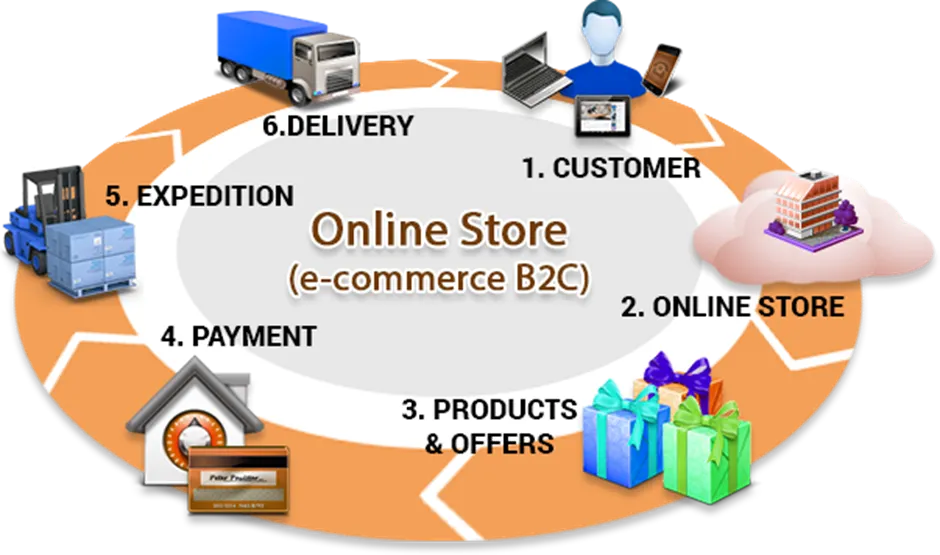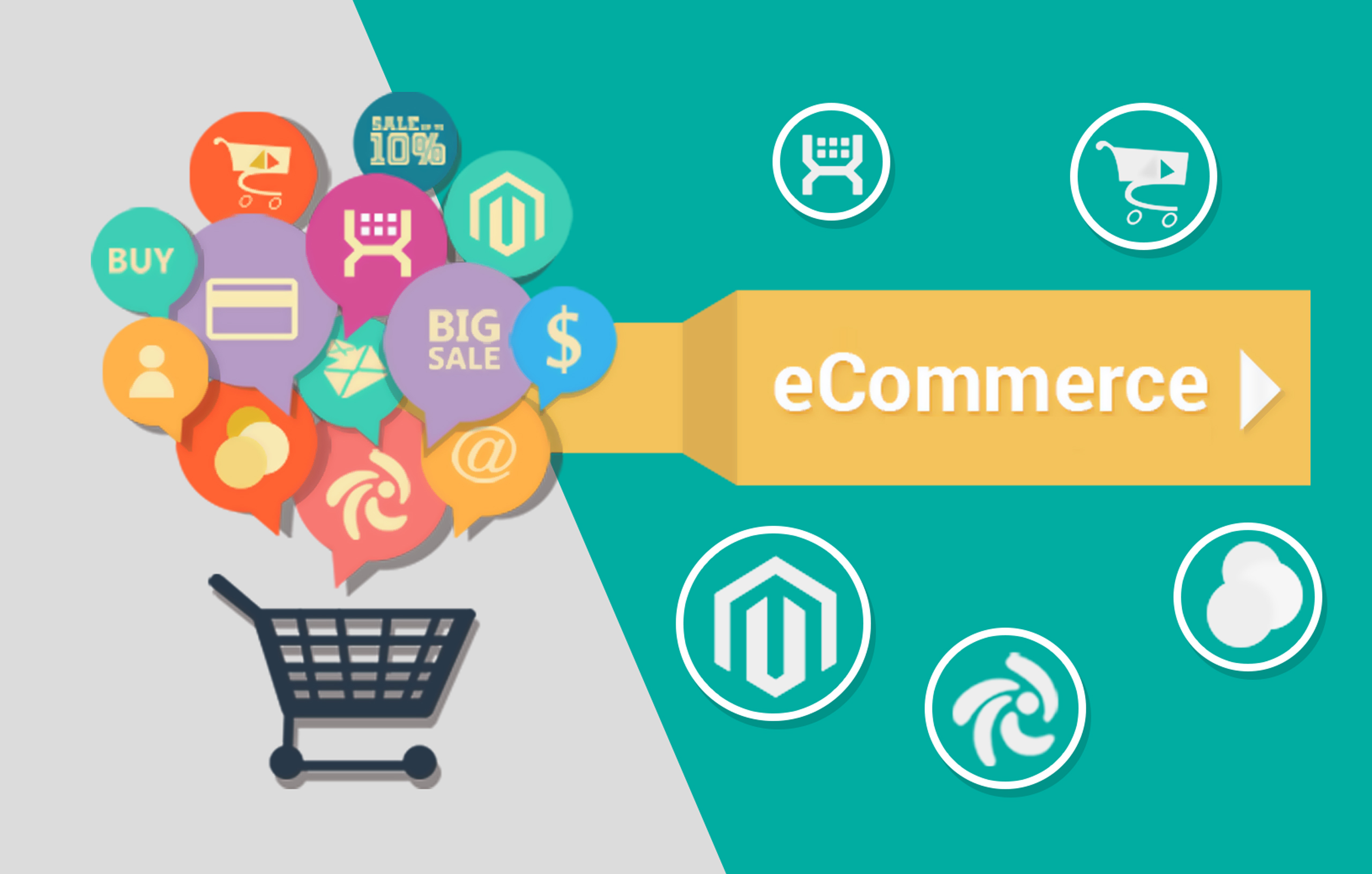The importance of an e-commerce website in today’s digital landscape cannot be overstated especially when your competitors have already created a strong online presence. It serves as a crucial platform for businesses to reach a wider audience, facilitate transactions, and enhance overall customer experience.
We overpower big brands by depending on marketplaces like Flipkart, Amazon, or Etsy which offer a platform to sell/buy, but at the same time, they limit your ability to control your brand image and online presence as they bind you with criteria to showcase your product.
By creating your e-commerce website, you design the customer experience. You can craft a compelling brand story, pose your product in the best possible way, and present a visually appealing layout.

Here are key reasons highlighting the significance of an e-commerce website:
- 1. Global Reach
- 2. 24/7 Accessibility
- 3. Convenience for Customers
- 4. Cost-Effectiveness
- 5. Data Analytics for Business Insights
- 6. Marketing Opportunities
- 7. Personalized Shopping Experience
- 8. Reduced Time and Effort
- 9. Customer Reviews and Feedback
- 10. Adaptability to Trends
1. Global Reach:
Going beyond the boundaries is literally becoming possible when you own a website for your business. An e-commerce website eliminates geographical barriers, allowing businesses to reach a global audience. This expanded reach provides the opportunity to attract customers from different regions and cultures, significantly increasing market potential.
2. 24/7 Accessibility:
Unlike physical stores with operating hours, an e-commerce website operates 24/7. This round-the-clock accessibility allows customers to browse and make purchases at their convenience. Also it does not shake your schedule to operate according to different time zones. It handles accommodating different time zones and varying schedules. Your online store is always open, reaching customers whenever they want to shop.
3. Convenience for Customers:
E-commerce offers unmatchable convenience to customers. They can browse products, compare prices, add items to their wishlist for future purchase and make purchases from the comfort of their homes. The streamlined checkout process further enhances the overall “hustle free” shopping experience.
4. Cost-Effectiveness:
Operating an e-commerce website can be more cost-effective than maintaining a physical store. It reduces expenses related to rent, utilities, and staffing. This cost efficiency can result in more competitive pricing for products or higher profit margins.
5. Data Analytics for Business Insights:
An e-commerce platform provides wealth of valuable customer data and analytics that traditional stores simply can’t capture. Businesses can analyze customer behaviour, track sales trends, and gain insights into product performance.
This data-driven approach enables informed decision-making and strategic planning. You can track user behavior, analyze buying patterns, and understand your target audience better.
6. Marketing Opportunities:
E-commerce websites open up various marketing channels, including social media, email campaigns, social media optimization and search engine optimization. These channels can be leveraged to drive traffic, engage customers, and promote products, boosting online presence.
7. Personalized Shopping Experience:
E-commerce allows businesses to implement personalized marketing strategies. Through data analysis, businesses can tailor product recommendations, discounts, and promotional offers based on individual customer preferences, this also improves online interaction with customers, enhancing the overall shopping experience.
8. Reduced Time and Effort:
For both customers and businesses, e-commerce streamlines the buying process. Customers can quickly find products and make purchases, while businesses can efficiently manage inventory, track orders, and process transactions without the logistical challenges associated with traditional retail.
9. Customer Reviews and Feedback:
An ecommerce website can provide FaQ sessions to interact. E-commerce platforms enable customers to leave reviews and feedback. Positive reviews can boost credibility and attract new customers, while constructive criticism allows businesses to make improvements and enhance customer satisfaction.
10. Adaptability to Trends:
Catching up with trends keeps you engaged in your audience frequently. E-commerce allows businesses to adapt quickly to market trends and consumer preferences. Updating product offerings, implementing new features, and responding to changing demands become more flexible in the dynamic online environment.
In conclusion, an e-commerce website is an essential tool for businesses to thrive in the digital age. It not only expands market reach and enhances customer convenience but also provides valuable data insights and invaluable marketing opportunities.
Embracing e-commerce is a strategic move for businesses looking to stay competitive and meet the evolving expectations of modern consumers. Ready to transform your business?
Find the potential of e-commerce and elevate your online presence. Reach out if you have any questions or need guidance on creating a winning e-commerce strategy. As we step into the digital era, the significance of an e-commerce website is paramount. Have questions or are ready to embark on your digital journey? Feel free to ask, and let’s shape the future of your business together.



